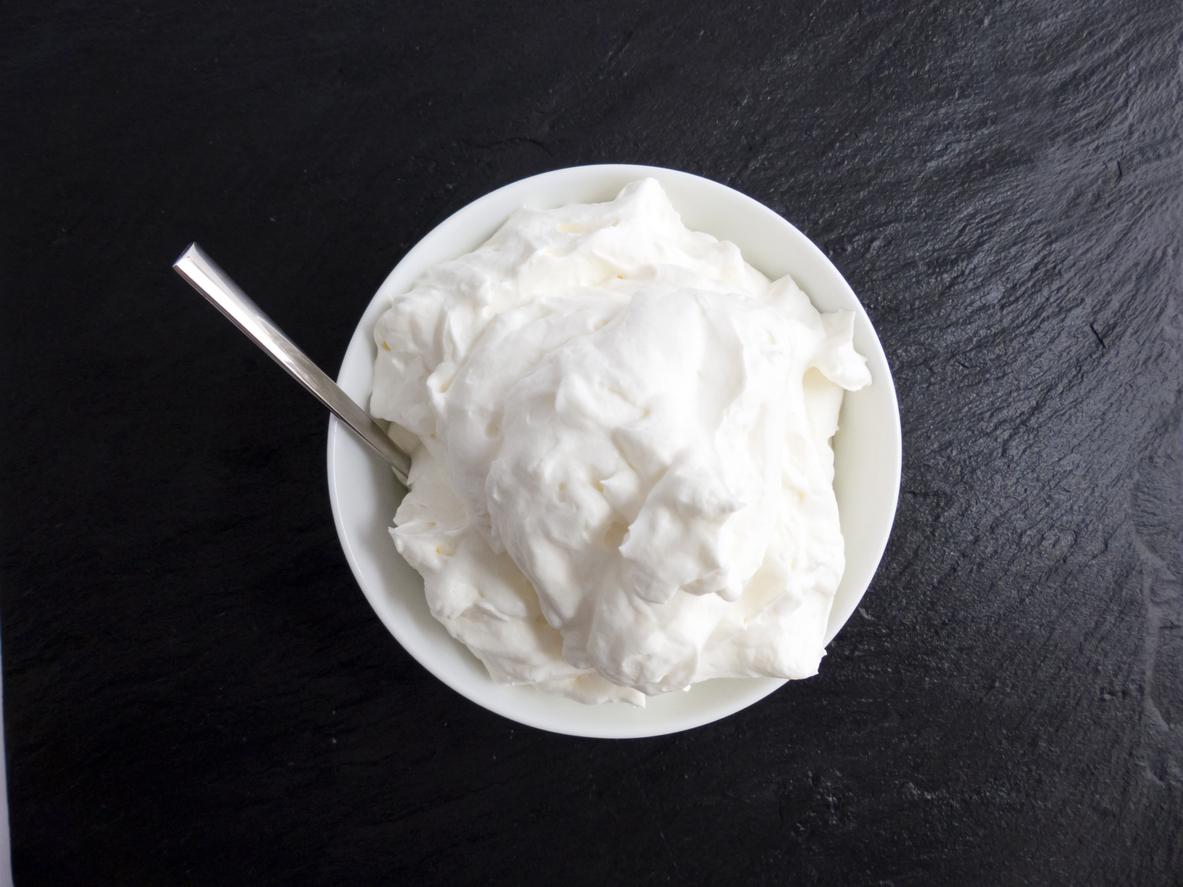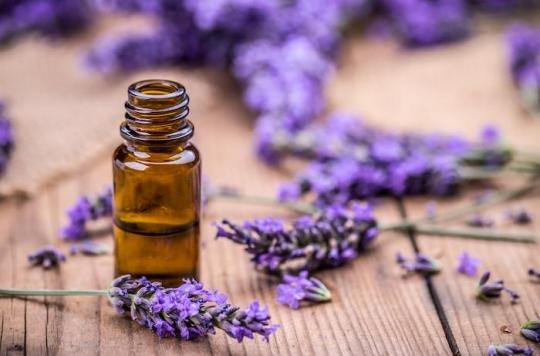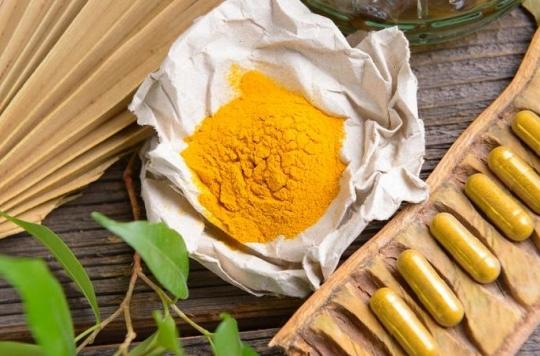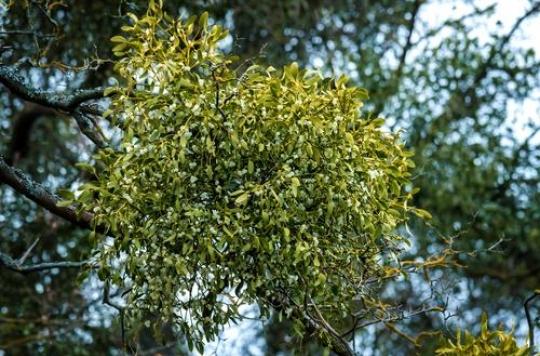A phytotherapeutic slimming product has been withdrawn from the French market. One of the excipients, manufactured by a subcontractor, was produced under questionable hygienic conditions.

It is a flagship product among the range of appetite suppressants and other satiety pills. And yet, on the shelves of drugstores and supermarkets, you will not find boxes of Arkocaps Fucus for a little while.
And for good reason: one of the excipients present in the capsules, alginate, seems to have been produced under questionable conditions. To obtain this food additive (E400), extracted from brown algae and present in many consumer products (drugs, food, etc.), the laboratory turned to the global raw materials giant, Cargill. The alginate is manufactured on a Breton site of the French subsidiary, in Lannilis (Finistère).
“Risk of contamination”
But in September, a health policing decision has suspended the activities of this site. Indeed, inspectors from the Medicines Safety Agency (ANSM) visited its premises this summer and discovered serious breaches of “Good Manufacturing Practices”. Not only did the supplier not have the authorization to produce the alginate on the site, but above all, alarming hygienic conditions were observed there.
The inspectors thus noted “risks of contamination and deterioration of raw materials”, linked to “the lack of cleanliness in the manufacturing environment” and to “the particularly degraded general condition of the equipment”. An observation drawn up at each stage of manufacture – extraction, mixing, drying, grinding, mixing, weighing, packaging.
By inspecting the semi-worked (unfinished) products present on the site, ANSM agents also discovered that “a wet batch having been stored for several months in the workshop, intended to be decommissioned”, would have been used for the manufacture of a new product. Finally, several batches exhibited microbiological anomalies. To date, it is not known whether this is a lot belonging to Arkopharma or to other Cargill customers who obtained their supplies from this site.
Quality tests in progress
Moreover, following this inspection, all of Cargill’s customers had to show a white footing and prove that their products partially manufactured on the Finistère site did not present any anomalies. The adversarial phase is underway. Manufacturers must provide additional analyzes on the quality of finished products, in order to avoid a recall of batches.
However, two companies have decided to withdraw their products from the market. This is the case for Pierre Fabre, including Topaal (oral suspension and tablet) and Aporaxal, containing alginate, were withdrawn from pharmacies and hospitals. Patients have complained of side effects – bad taste, fishy odor, rash-like reaction. The laboratory was already planning to stop producing Topaal; the suspension of its supplier probably precipitated this desire.
Arkopharma has, for its part, voluntarily recalled 39 lots Arkogélules Fucus, that is to say several tens of thousands of boxes in circulation since 2010, “as a precautionary measure”, informs its press service.
According to the ANSM, despite the poor hygiene conditions around the manufacture of the excipient, there would be no identified health risk. To date, it is not known why Arkophama wished to recall its batches, and whether the analyzes relating to the quality and safety of the finished products were satisfactory. However, if consumers have boxes of Arkocaps Fucus or Topaal in their medicine cabinets, it seems wise to throw them out. As a precaution.
.
















